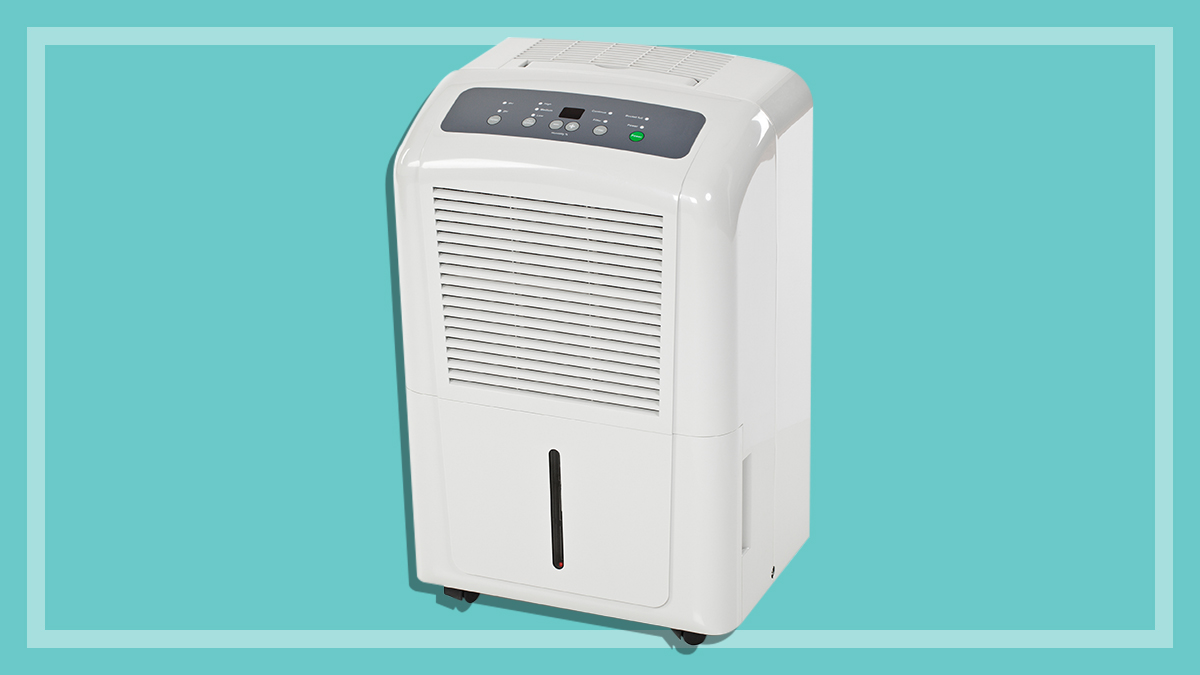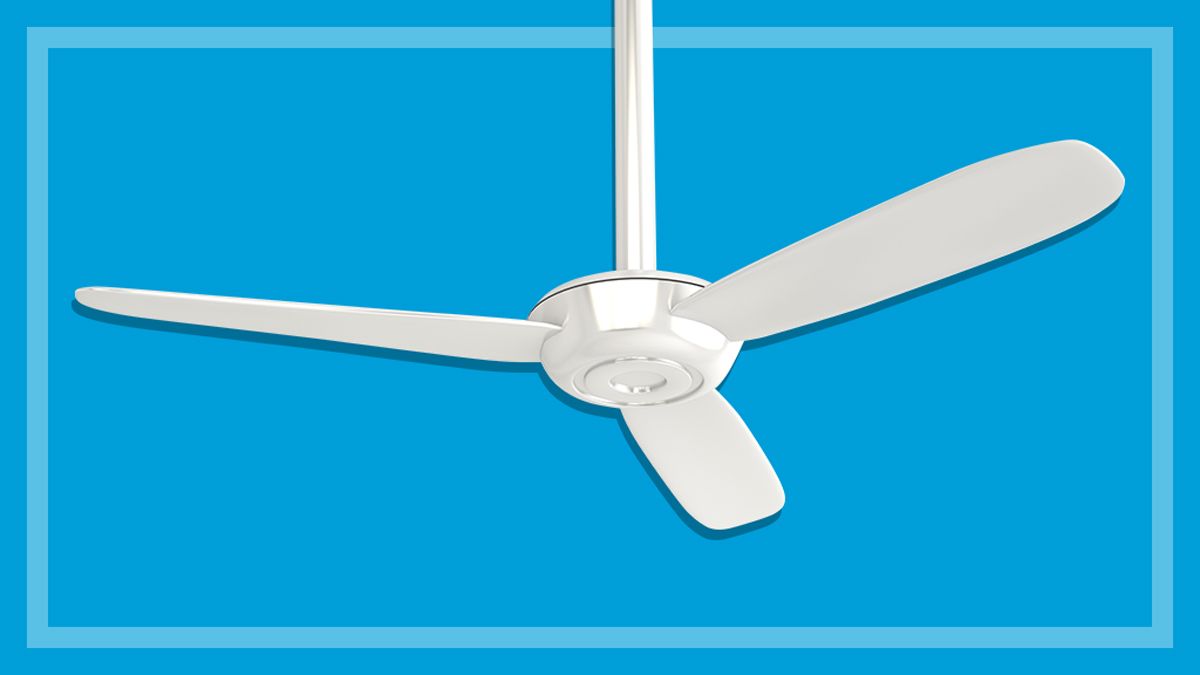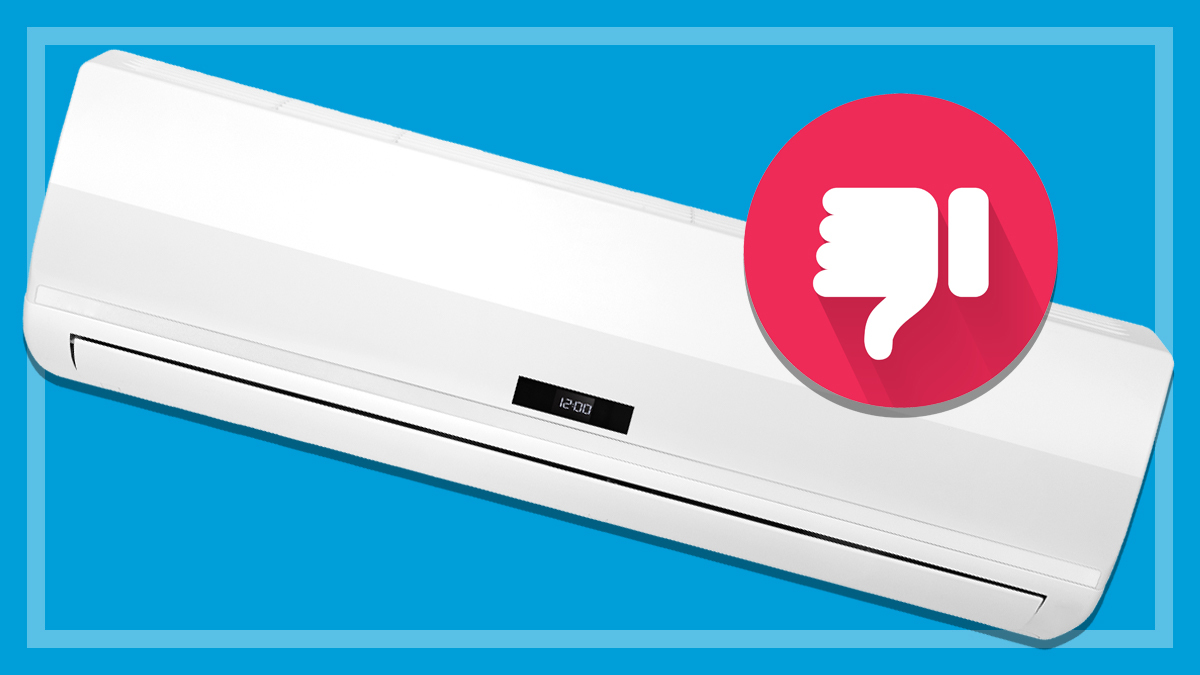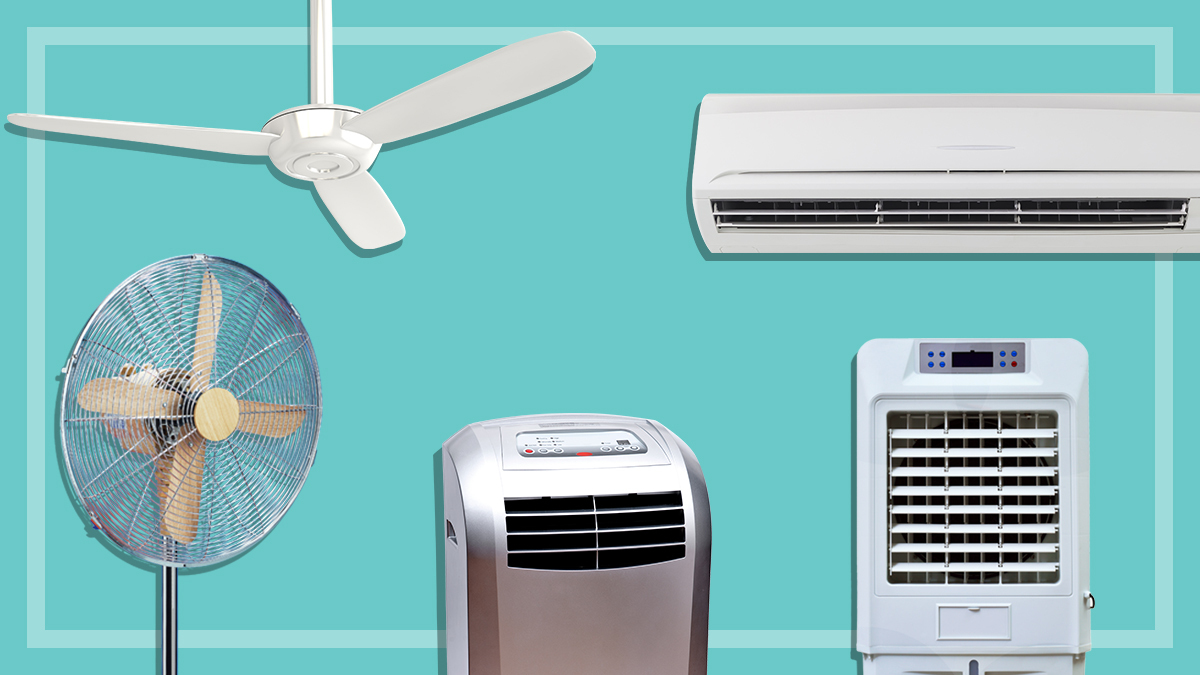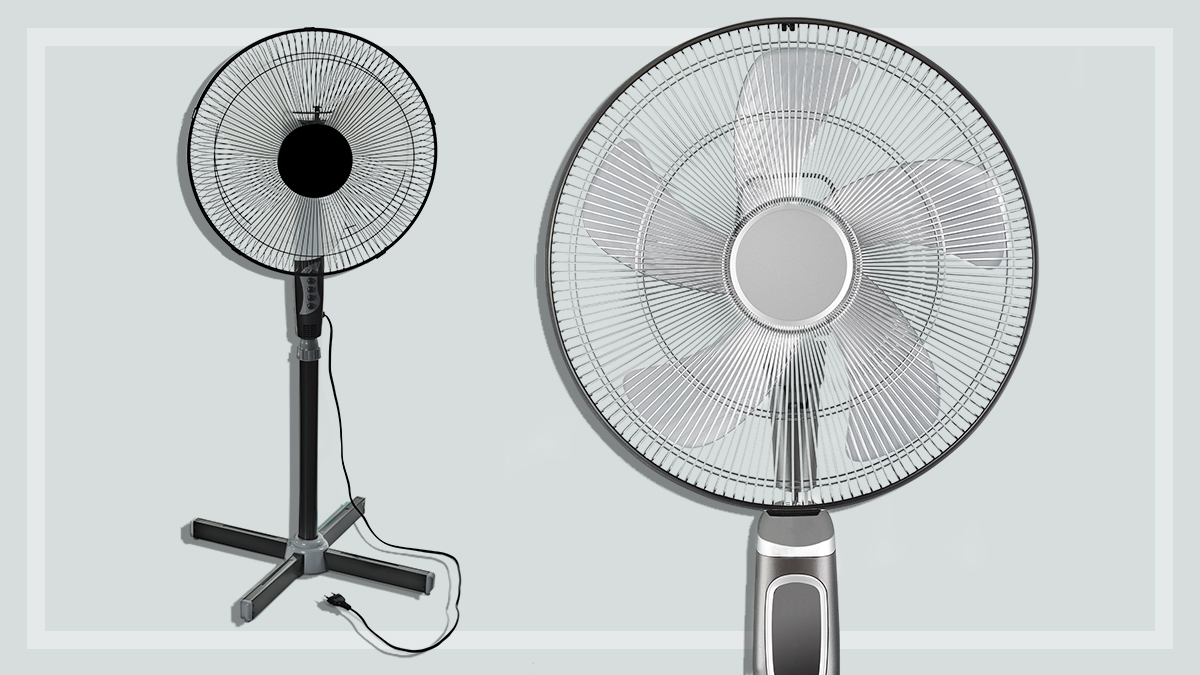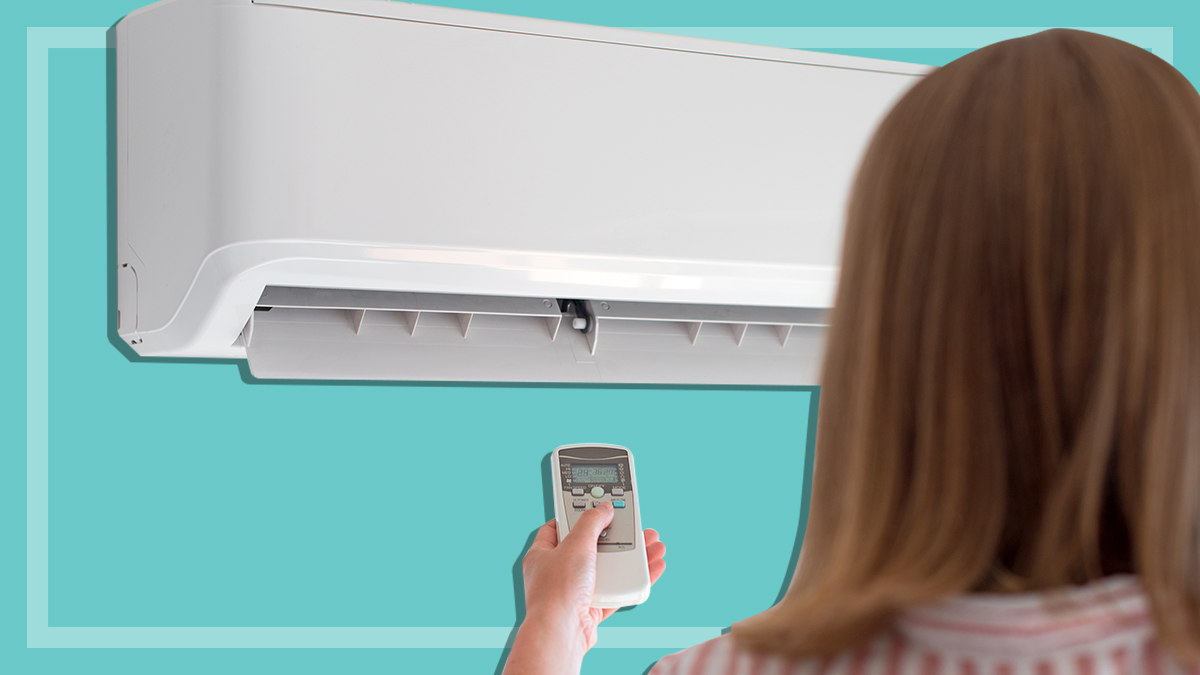Get our independent lab tests, expert reviews and honest advice.
Humidifiers vs dehumidifiers vs air purifiers
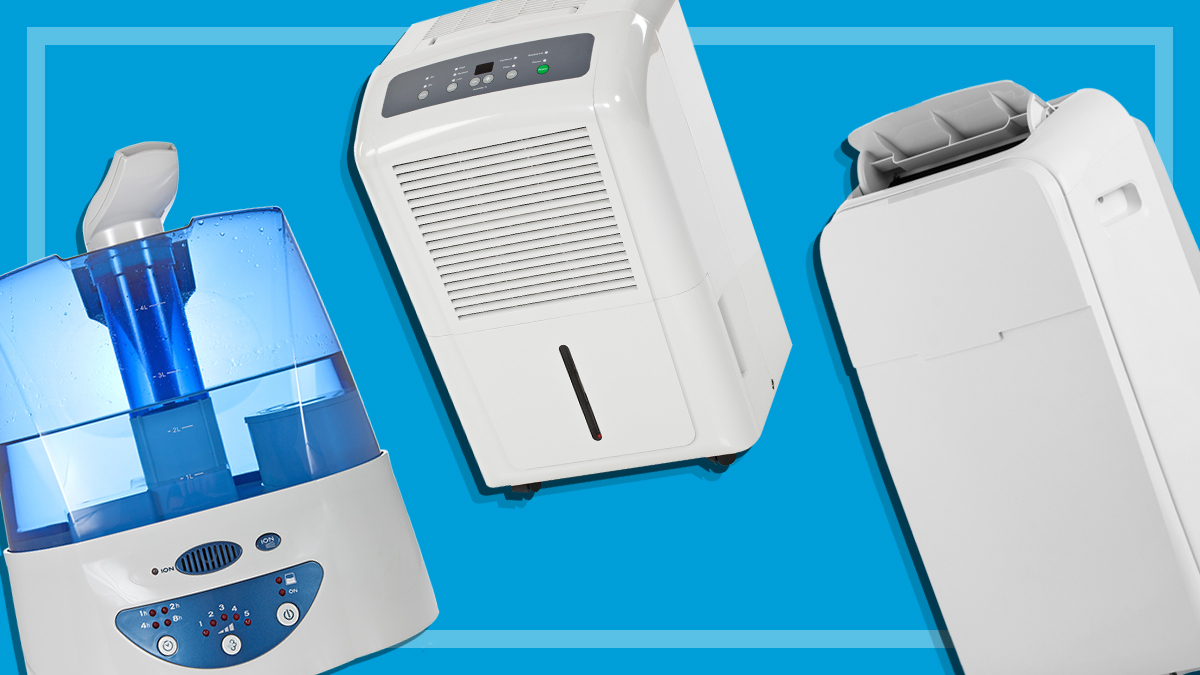
Need to know
- Humidifiers put moisture into the air, while dehumidifiers remove moisture from the air.
- Air purifiers filter the air to remove airborne particles, such as dust, smoke and other pollutants.
- CHOICE experts have reviewed dozens of each type of these appliances and members can view the detailed results to help you decide which one is right for you.
The air in your home can have a big impact on how you feel and whether you’re comfortable in your house. Things like itchy skin, sneezing and mildew can be signs that you might need an appliance to treat the air in your home.
But the options are many and confusing: humidifier, dehumidifier or air purifier? Refrigerant or desiccant? Warm or cool mist? HEPA or carbon filters?
Many of these appliances aren’t cheap, so it’s important to understand how they work to make sure you’re buying the right one for your needs.
We’ll explain how each appliance works and how to tell if you need one.
What is a humidifier best for and how does it work?
When the cold weather hits and it’s time to crank up the heater, you might find you’re struggling with dry skin and chapped lips. That’s because some heaters (and air conditioners too) can really dry out the air.
If the humidity is too low in your home, you’ll notice more static electricity in the air and you might suffer from dry skin, eye irritation, nasal dryness and allergy symptoms.
Humidifiers can help some allergies and skin conditions that are exacerbated by dry air
Humidifiers transform water into water vapour and disperse it through a room to help increase the humidity level.
Most importantly, they can help some allergies and skin conditions that are exacerbated by dry air. Some people find them helpful for relieving cold symptoms or other respiratory conditions, and can help you get a better night’s sleep while you’re unwell.
There are different types of humidifiers, some of which aren’t suitable for every situation. Read more about what you need to know when buying a humidifier for your home.
What’s the difference between a vaporiser and a humidifier?
A vaporiser is similar to a humidifier in that it puts moisture back into the air, but it does it in a different way.
“The main difference is that a vaporiser uses steam as the way to get moisture into the air,” says CHOICE expert Denis Gallagher.
“By contrast, a humidifier uses mist, which may or may not be visible. A vaporiser releases a lot of steam into the air, while the humidifier is a bit more measured.”
How do dehumidifiers work and what are they best for?
With La Niña dumping large quantities of water across Australia in the last year or so, dehumidifiers have been in high demand as people seek help drying out their homes, either from water ingress and leaks or just the humidity.
Signs of high humidity in your home are condensation on windows, wet patches on walls, a musty smell, dust mites, and mould and mildew in the bathroom and on surfaces throughout your home (including your clothes and soft furnishings).
Dust mites and mould are two common triggers for asthma and allergy, so it’s important to stay on top of them if you have any sensitive people living in your home.
You might need a dehumidifier if your home has damp problems, you’ve been affected by floods or water leaks, or you have mould throughout your home.
Dehumidifiers work in the opposite way to humidifiers – they take moisture from the air to reduce the humidity. You might need one if your home has damp problems, if you’ve been affected by floods or water leaks, or if you’re finding mould and mildew throughout your home.
Dehumidifiers are also great if you need to dry your laundry indoors – they can speed up the drying process, as well as reduce condensation and the likelihood of mould developing from the moisture in the air. Some dehumidifiers even have a laundry setting.
Want to know more? We’ll explain the different types of dehumidifiers and how to use them in our dehumidifier buying guide.
Our expert dehumidifier reviews include information about features, running costs and capacity, and allow you to sort by humidifier type, brand and price to help you choose the right model for you.
Air purifiers
When large parts of the east coast were affected by terrible bushfires in 2019, many families used air purifiers to remove smoke particles that were choking the air.
They’re also invaluable for families who suffer from asthma and allergies as they can reduce symptoms caused by airborne allergens. They can also remove nasties like viruses, bacteria and mould spores – although there are some limitations. (See our article on how air purifiers deal with viruses and bacteria.)
Air purifiers are invaluable for families who suffer from asthma and allergies as they can reduce symptoms caused by airborne allergens
Air purifiers are quite different to humidifiers and dehumidifiers in that they don’t affect humidity levels. Instead, they draw in air from a room and filter it to remove pollutants like dust, pollen, pet dander, smoke particles, volatile organic compounds (VOCs), mould spores and germs. They then circulate the cleaned air back into the room.
You might need an air purifier for these reasons:
- To help with asthma and allergies, particularly to dust and pollen.
- To help keep the air clear of some bacteria and viruses if you have sick people at home.
- If you smoke inside your home.
- If your neighbourhood has pollution problems, such as being near a major road or in an area affected by bushfires, or if you live in a dusty part of the world.
Getting the right air purifier for your needs is important to your family’s health. Our expert explains what to look for when buying an air purifier for your home.
Our expert air purifier reviews include useful information about running costs, capacity and replacement filter costs, plus you can narrow your search by price, filter type and pollutant removal score to make sure you’re buying the best model for your needs.

